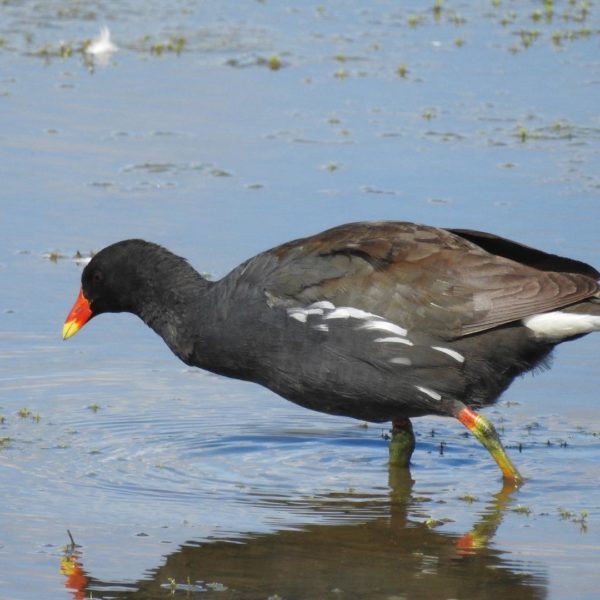Key Facts
- Length: 31-35cm
- Wingspan: 52cm
- Weight: 320g
- Average Lifespan: 3 years
A familiar bird of many of our wetlands the moorhen is often seen on park lakes, ponds and rivers. They spend more of their time out of the water than their relative the coot and even climb trees.
Moorhens are omnivores, eating everything from snails and insects to small fish and berries. When disturbed, it usually takes cover in nearby vegetation but when it does take to the air its flight is short and laboured. The ubiquitous moorhen offers a great opportunity to watch breeding bird behaviour: in the spring, the male swims towards the female with its bill in the water and the two birds eventually nibble at each other’s feathers; both birds then build the nest out of twigs in emergent vegetation and defend it with ferocity.
How to Identify
Moorhens can be distinguished from the similar coot by their olive-black backs (separated from their blue-black bodies by a white line), the white patches under the tail and their red bill which has a yellow tip.
Where to find
Widespread.
How People Can Help
Although moorhens are common birds, their wetland homes are under threat from development, drainage and pollution. The Wildlife Trusts manage many wetland nature reserves for the benefit of the wildlife they support. You can help by supporting your local Trust and becoming a member; you’ll find out about exciting wildlife happenings, events on your doorstep and volunteering opportunities and be helping local wildlife along the way.
Did you know?
Moorhens are one of the world’s most common birds and can be found right around the world, going by common names such as ‘skitty coot’, ‘marsh hen’ or ‘common gallinule’.
Similar Species
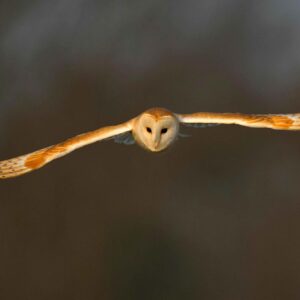
Barn Owl
- Birds
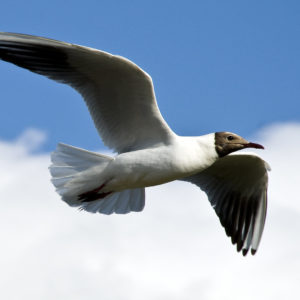
Black-Headed Gull
- Birds
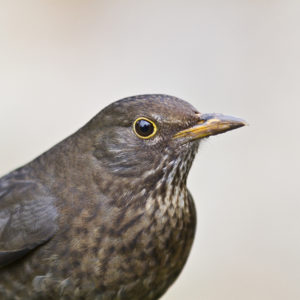
Blackbird
- Birds
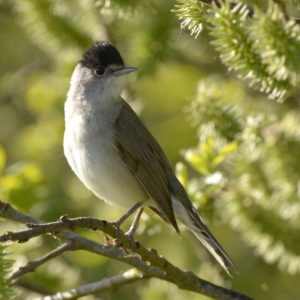
Blackcap
- Birds
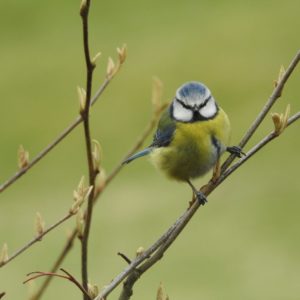
Blue Tit
- Birds
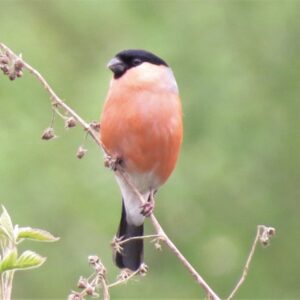
Bullfinch
- Birds
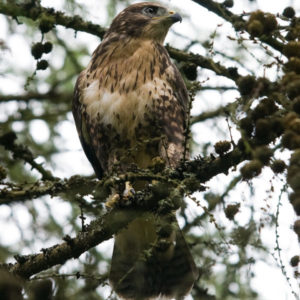
Buzzard
- Birds
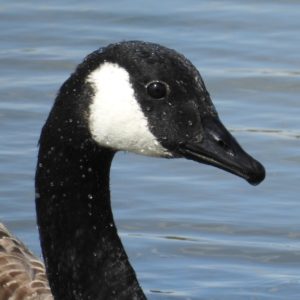
Canada Goose
- Birds
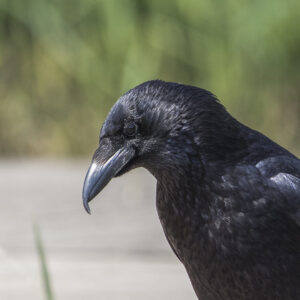
Carrion Crow
- Birds
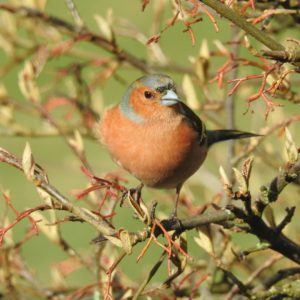
Chaffinch
- Birds
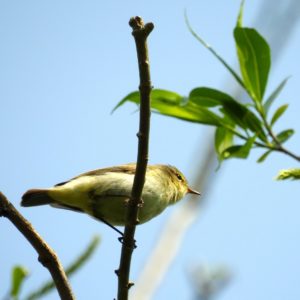
Chiffchaff
- Birds
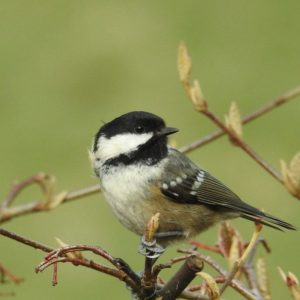
Coal Tit
- Birds
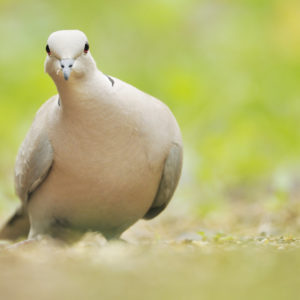
Collared Dove
- Birds
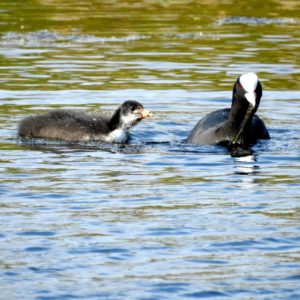
Coot
- Birds
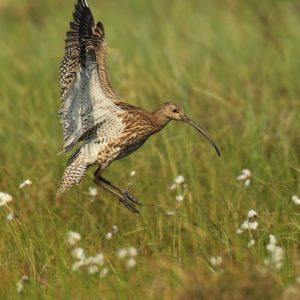
Curlew
- Birds
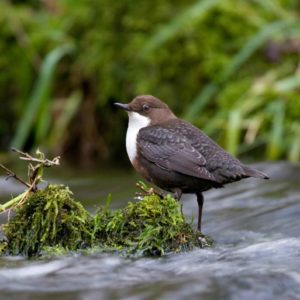
Dipper
- Birds
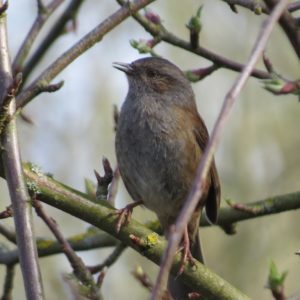
Dunnock
- Birds
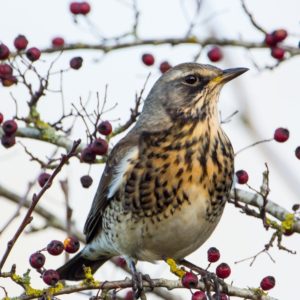
Fieldfare
- Birds
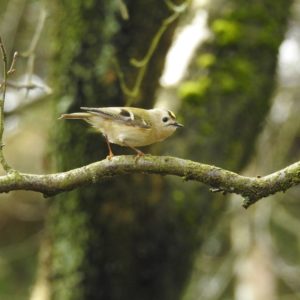
Goldcrest
- Birds
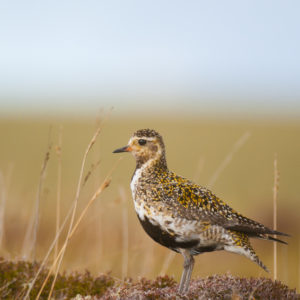
Golden Plover
- Birds
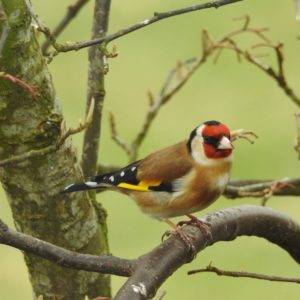
Goldfinch
- Birds
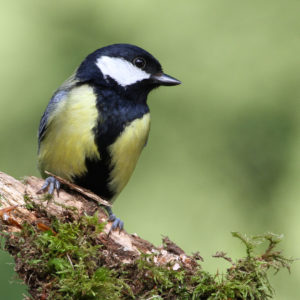
Great Tit
- Birds
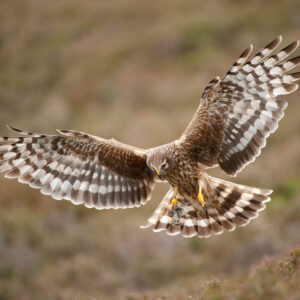
Hen Harrier
- Birds
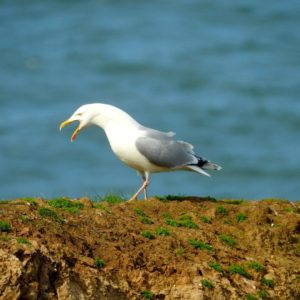
Herring Gull
- Birds
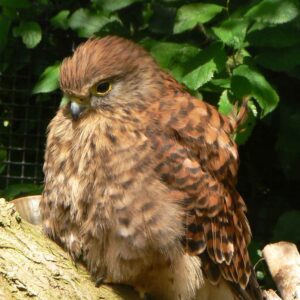
Kestrel
- Birds
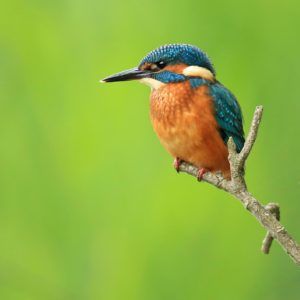
Kingfisher
- Birds
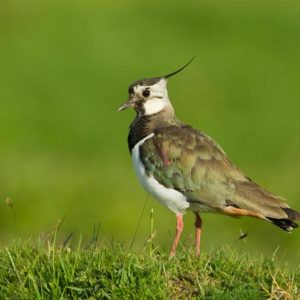
Lapwing
- Birds
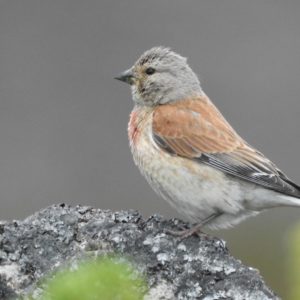
Linnet
- Birds
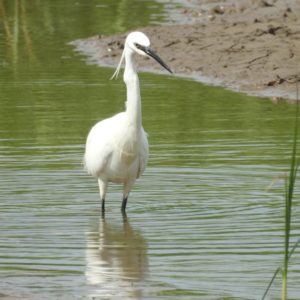
Little Egret
- Birds
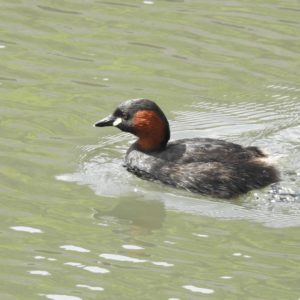
Little Grebe
- Birds
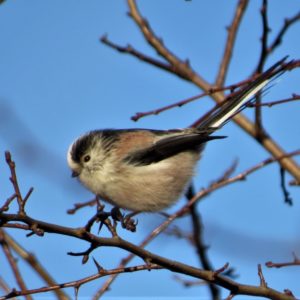
Long-Tailed Tit
- Birds
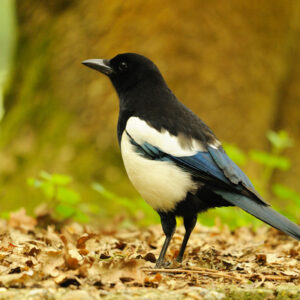
Magpie
- Birds
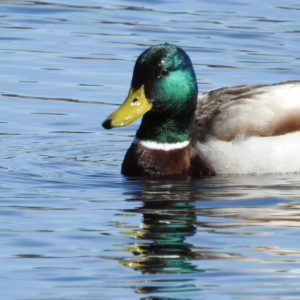
Mallard
- Birds
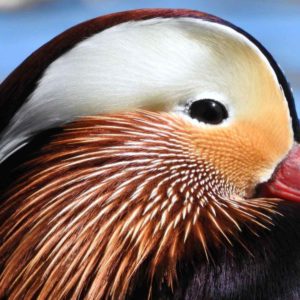
Mandarin Duck
- Birds
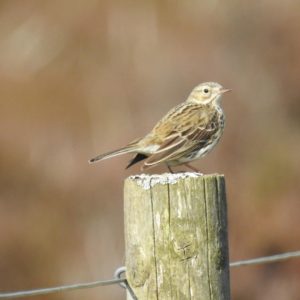
Meadow Pipit
- Birds
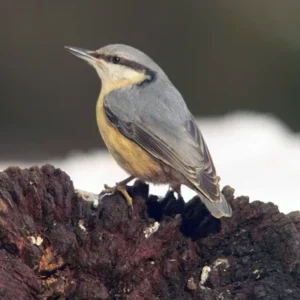
Nuthatch
- Birds
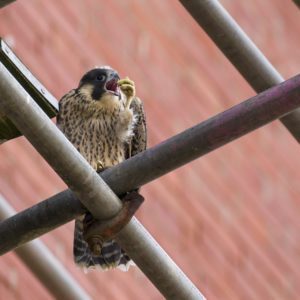
Peregrine falcon
- Birds
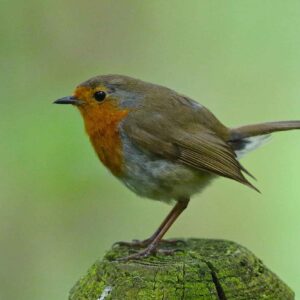
Robin
- Birds
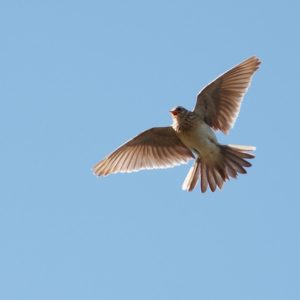
Skylark
- Birds
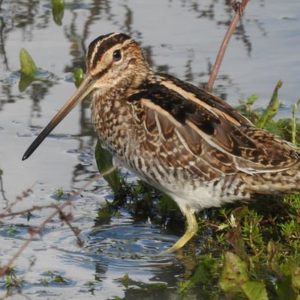
Snipe
- Birds
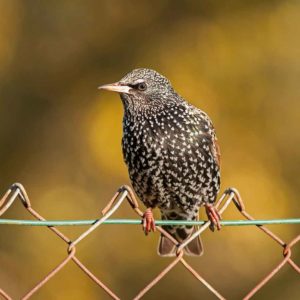
Starling
- Birds
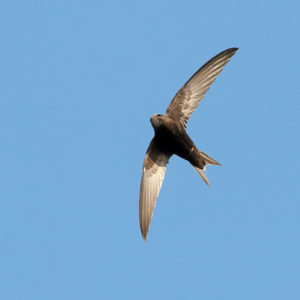
Swift
- Birds
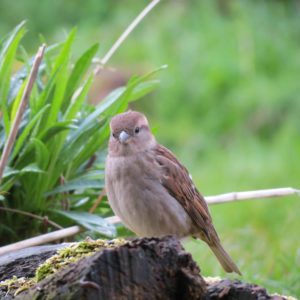
Tree Sparrow
- Birds
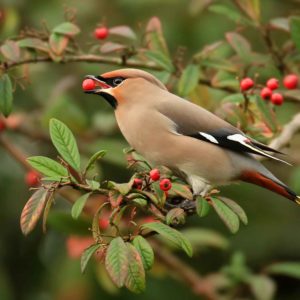
Waxwing
- Birds
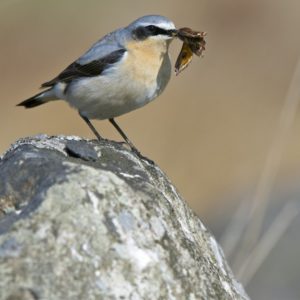
Wheatear
- Birds
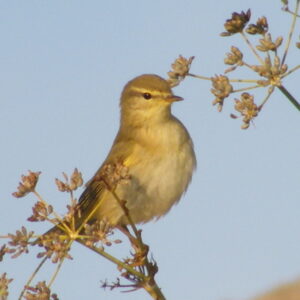
Willow Warbler
- Birds
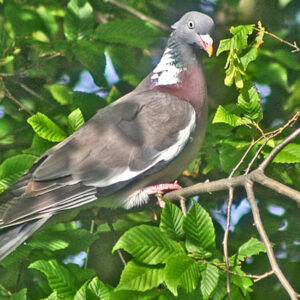
Wood Pigeon
- Birds
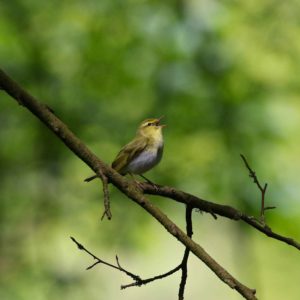
Wood Warbler
- Birds
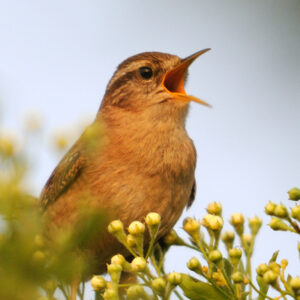
Wren
- Birds
